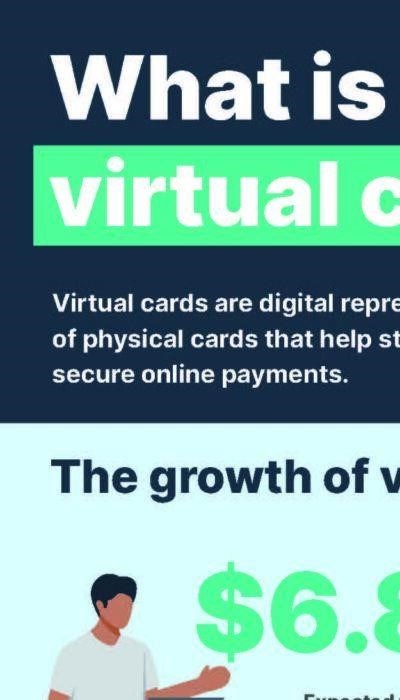
I’ve always been a bit wary of online transactions. The thought of my credit card information floating around the internet, vulnerable to theft, has always kept me up at night. So, when I started my online business, «Cozy Candles by Claire,» I knew I needed a secure payment solution. This led me down the rabbit hole of researching «non-VBV credit cards,» also known as credit cards without verification, unverified credit cards, or no verification credit cards. Let me share my experience navigating this world.
What are Non-VBV Credit Cards?
Before I delve into my personal experience, let’s clarify what «non-VBV» means. VBV stands for Verified by Visa or MasterCard SecureCode – those extra security steps where you enter a one-time password from your bank during online transactions. Non-VBV credit cards bypass this verification process. This doesn’t necessarily mean they are inherently insecure, but it does mean they carry a different level of risk. I found that the term «non-VBV» is often used interchangeably with «virtual credit cards,» «prepaid credit cards,» and even, less accurately, «anonymous credit cards.» It’s crucial to understand the nuances.
My Experience with Different Types:
- Prepaid Credit Cards: I initially tried several prepaid credit cards. These are great for budgeting and controlling spending, and they offered a degree of anonymity. I loaded a specific amount onto the card, used it for online purchases, and felt secure knowing I couldn’t spend more than I had loaded. However, some online merchants didn’t accept them for e-commerce payments, which was frustrating. The lack of VBV wasn’t the main issue, but rather the merchant’s limitations on accepted payment methods.
- Virtual Credit Cards: I also experimented with virtual credit cards generated by my bank. These are temporary card numbers linked to my main account, offering a layer of security. While they sometimes require verification, I found that using them for specific online transactions gave me a sense of control and reduced my risk. It helped with online transaction security and credit card security.
- «Anonymous» Credit Cards (Caution!): I did some research into options marketed as «anonymous credit cards,» but I strongly advise against pursuing these. Many are associated with illicit activities, and the lack of proper credit card processing and merchant services increases the risk of fraud. The promise of complete anonymity often masks significant payment security vulnerabilities. I quickly dismissed this option after careful consideration.
Security Concerns and Risk Management
My journey with non-VBV credit cards taught me the importance of risk management. While the lack of VBV might seem appealing, it increases your vulnerability to fraudulent activities. The absence of this verification step means there is less protection from unauthorized transactions. I learned to prioritize credit card security by:
- Using reputable merchants: I carefully selected online vendors with secure payment gateways and strong reputations for fraud prevention.
- Monitoring my accounts closely: Regularly checking my statements for any suspicious activity became a crucial habit.
- Utilizing strong passwords and two-factor authentication: This wasn’t specific to the cards themselves, but a crucial element of overall digital payments security.
Legal and Regulatory Considerations
I also discovered the importance of understanding credit card regulations. The use of non-VBV cards isn’t inherently illegal, but the context matters. Using them for illicit activities is a crime. It’s crucial to ensure that your chosen payment method complies with all relevant laws and regulations, especially in relation to e-commerce payments and merchant services.
My experience navigating the world of non-VBV credit cards has been a mix of success and caution. While prepaid and virtual cards offer convenience and a degree of security for online transactions, the absence of VBV inherently increases risk. The key is to understand the implications, prioritize security measures, and choose reputable providers and merchants. Remember, financial security is paramount, and responsible use is crucial.
